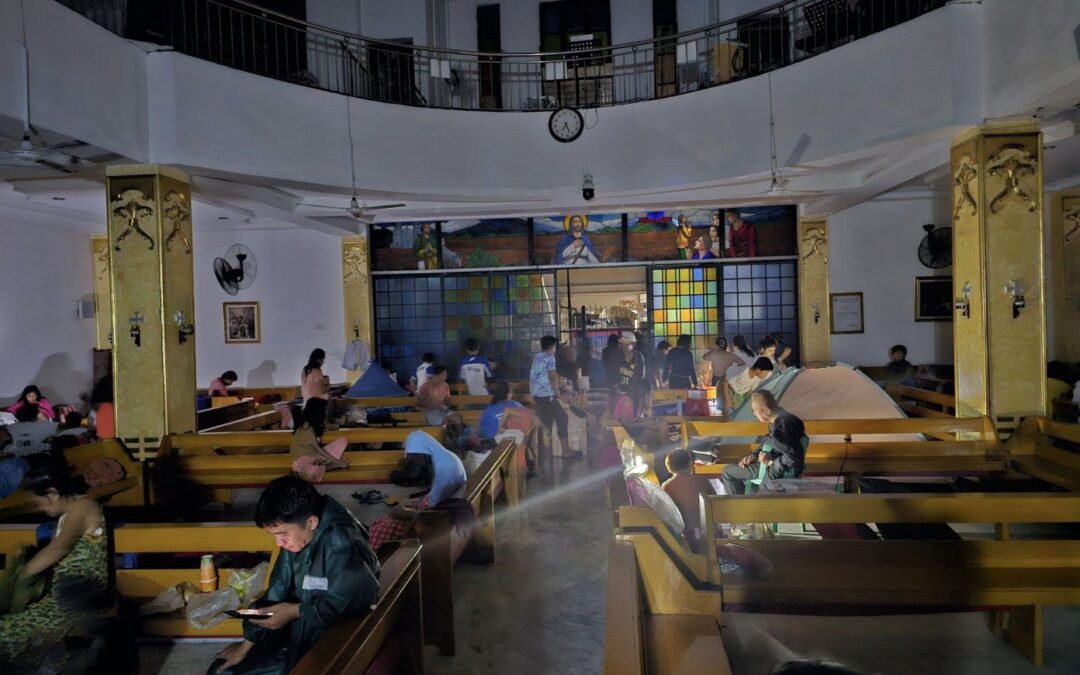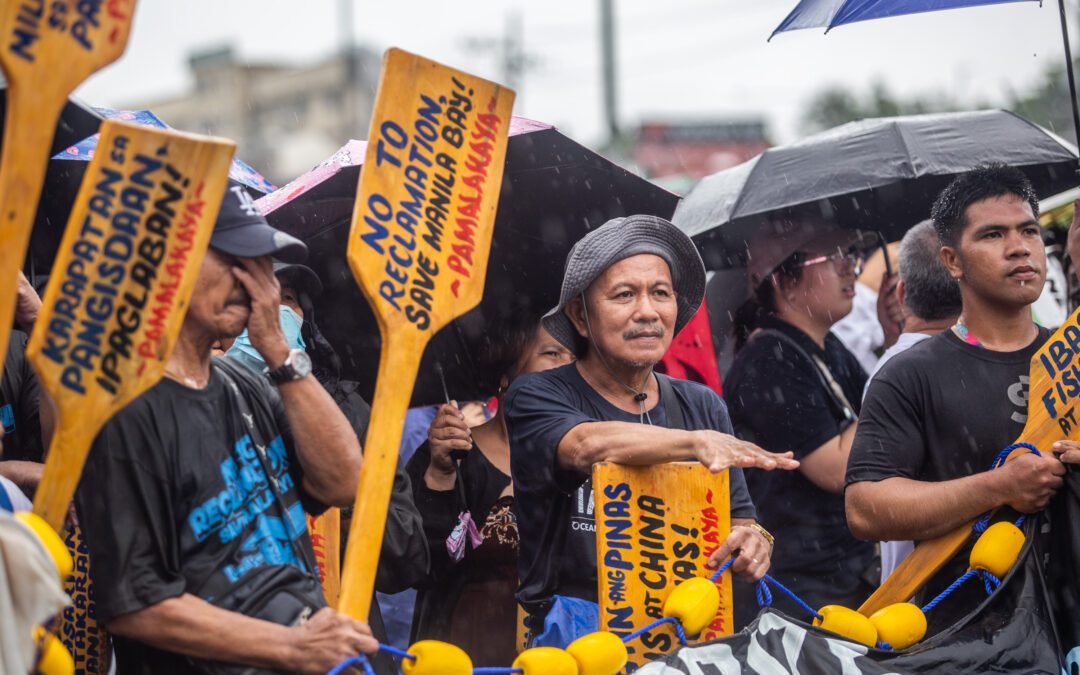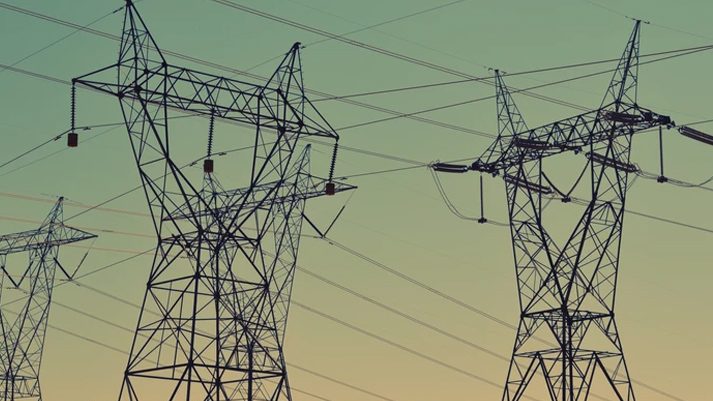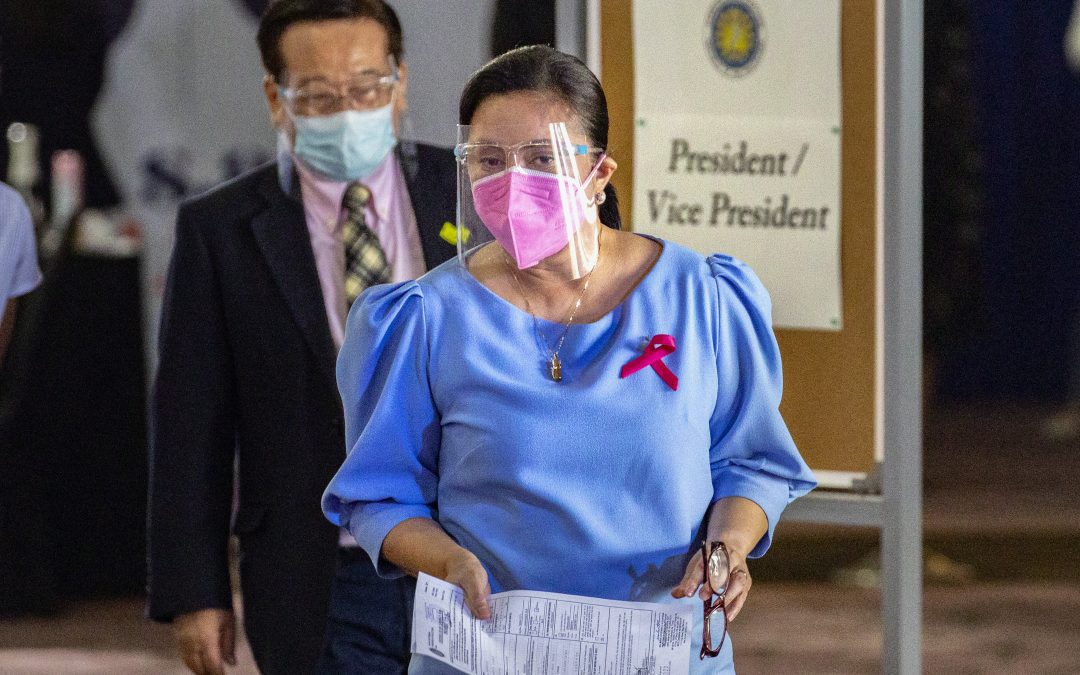Several civil society groups hit the proposed 2021 energy policy of the Asian Development Bank (ADB) as “unequivocally climate mis-aligned.”
The groups said the proposed policy “undermines” the recent climate report of the Intergovernmental Panel on Climate Change and the efforts to limit the rise in global temperature to 1.5 degree Celsius.
Several provisions in the proposed policy allow the bank to continuously support and finance fossil gas projects “specifically in isolated and remote areas, and fragile and conflict-affected situations.”
The energy policy also included support for large-scale hydropower projects “without any requirement for cumulative impact assessments or involvement of independent environmental, social, and dam safety experts.”
The policy also supports large-scale waste to energy projects for heating or electricity purposes and large-scale biogas projects that feed into current gas networks.
Lidy Nacpil of the Asian Peoples’ Movement on Debt and Development urged the bank to “stop all financing and support for fossil fuels, dangerous and false solutions to the climate crisis.”
She said ADB should “immediately cancel outstanding debts connected with fossil fuel projects or convert these to grants for renewable energy.”
Rayyan Hassan of the NGO Forum on ADB said the bank’s energy policy “has opened the doors for oil, gas, incinerators and large hydropower projects.”
He said the recent pronouncement of the bank that it is “Asia’s ‘climate bank’ is directly misleading.”
“[Its] financing portfolio is effectively set to derail the region from the global effort to meet Paris Agreement commitments as per the recommendations of the most recent assessments of the IPCC,” said Hassan.
Hemantha Withanage of Sri Lanka’s Center for Environmental Justice reminded ADB that the Asia and the Pacific region “is more vulnerable to climate change with the highest number of climate refugees.”
“If ADB wants to claim itself as the ‘climate bank’ of the region, we demand ADB to support only renewables and just energy transitions,” she said.
Ikrom Mamadov of the Youth Group on Protection of the Environment in Tajikistan said the ADB’s energy policy “should consider all possible factors that may negatively affect countries in Central Asia and the Caucasus.”
“In particular, the policy should ensure a just transition and offer specific conditions of support that ensure detailed consideration of the local people, since they are the ones who may suffer the most,” Mamadov said.
Avril De Torres of the Center for Energy, Ecology, and Development in the Philippines, said the bank was “guided by an energy policy that catapulted developing countries… to fossil fuel dependence and the world to exacerbating climate change” in the past decade.
“Should the new policy be approved as is, the bank is setting itself up to repeat history,” she said.
De Torres lauded the bank’s declaration of a no-coal policy, however, she said the bank is now leaving the door open for fossil gas against the backdrop of record high fossil gas prices and massive fossil gas expansion in Asia.
“It seems keen on maintaining a dirty energy legacy but we cannot allow it to consign climate-vulnerable Asia-Pacific to catastrophe when it is well-equipped to lead genuine energy transformation by supporting a rapid and sustainable expansion of renewables among its member countries,” she said.
The groups urged the bank to “go back to the drawing board” and reconsider several key provisions, one week before the ADB’s board of directors deliberate on approving the energy policy.
Based on a report released by ADB’s own Independent Evaluation Department, the bank’s “climate outcomes are not well tracked” and “investments in adaptation have not achieved their targets.”
It also indicated that the “strategic and institutional arrangements are not commensurate with the challenges to enable ADB to lead on climate action.”
The report recommended the development of “clear steps on how ADB will support ‘Developing Member Countries’ to transition away from fossil fuels and super-pollutants.”






0 Comments